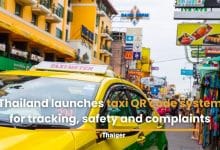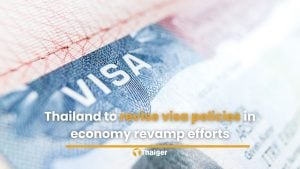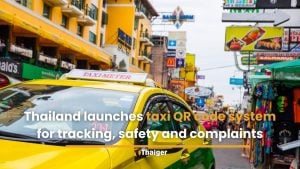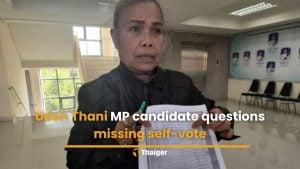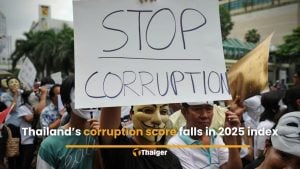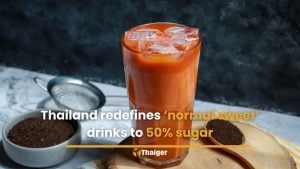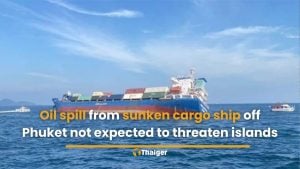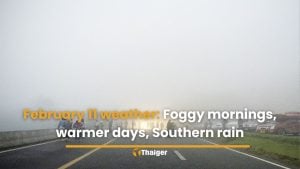Thai tourism industry supports reintroduction of 300 baht tourist fee
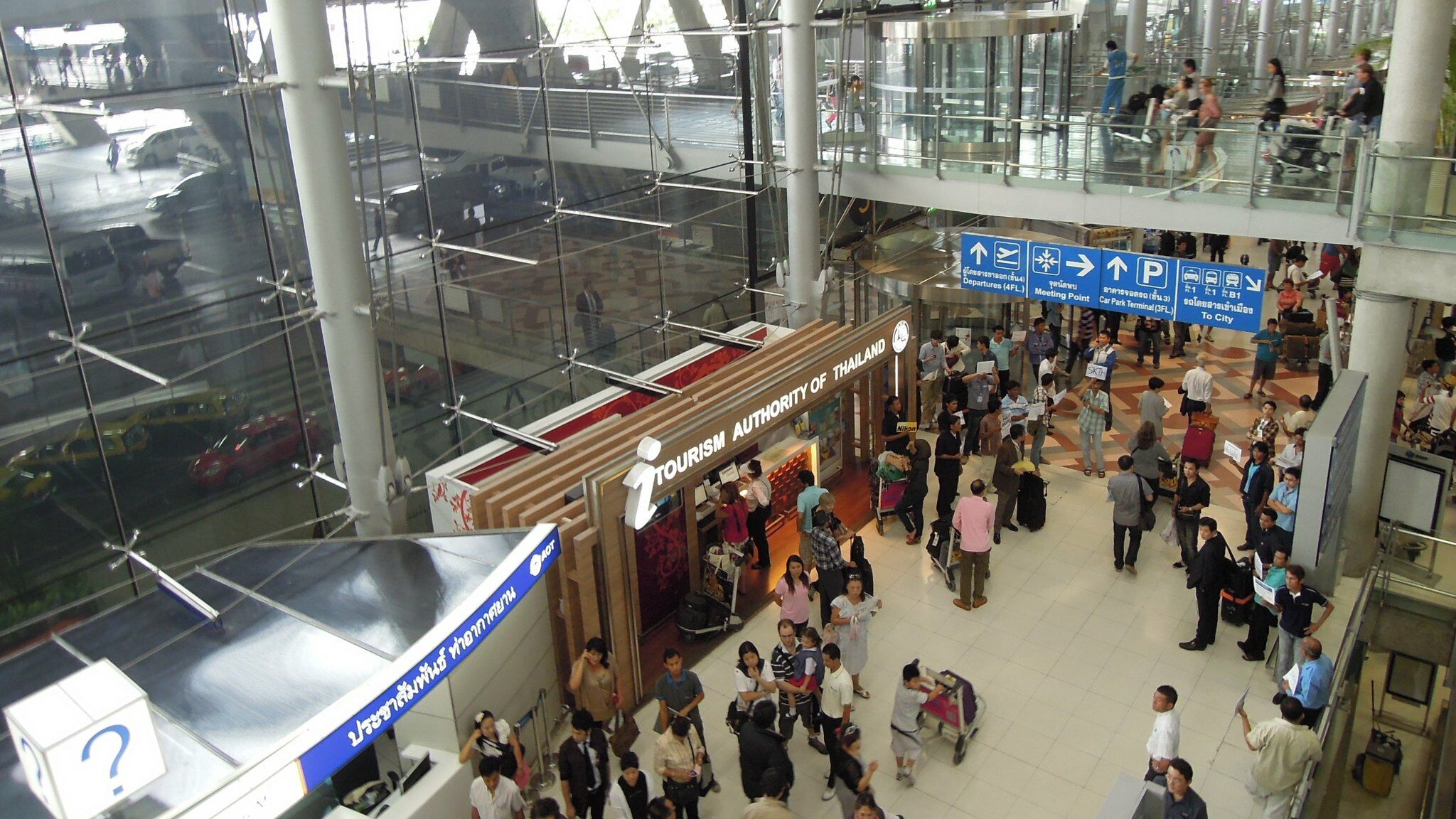
Tourism industry stakeholders in Thailand voiced their support for the reintroduction of a 300 baht fee for incoming tourists, viewing it as crucial for generating funds for tourism development. The Tourism Council of Thailand (TCT) intends to discuss the project’s necessity with Sermsak Pongpanich, the incoming tourism minister.
Surawat Akaraworamat, TCT’s Vice President, said that the Thai Chamber of Commerce and industry stakeholders agree on the importance of the fee.
Surawat highlighted that the Tourism Department has 56 tourism-related standards that operators should implement nationwide. However, the current budget for regulating these standards is a mere 10 million baht per year.
“We have serious problems with safety standards.”
He further explained that while guidelines exist for various tourism services, including tour buses, restaurants, and adventure activities, there is a lack of funds to regulate and audit all operators effectively.
Despite Prime Minister Srettha Thavisin’s suggestion to halt the fee collection to boost tourist numbers, Surawat believes that implementing the levy will not deter tourists.
Wuthichai Luangamornlert, CEO of Siam Park City Group, concurred with the fee collection.
“The 300-baht fee, which is only US$9-10 for tourists, would definitely not impact the market.”
Wuthichai said while stressing the significant issue of the decreasing tourism development budget.
However, Sisdivachr Cheewarattanaporn, president of the Association of Thai Travel Agents, cautioned that the government should devise fee collection methods that do not affect other types of arrivals, as not only tourists enter Thailand.
Sisdivachr also expressed the need for clear guidelines on the tourism fund’s usage, different from other fees implemented in the past.
Meanwhile, Tassapon Bijleveld, executive chairman of Asia Aviation Plc, indicated that the Airlines Association of Thailand might meet with the newly appointed finance minister, Pichai Chunhavajira.
Tassapon aims to resubmit a proposal for reducing the fuel excise tax, following a previous unsuccessful attempt. Increasing maintenance costs and high jet fuel prices, around US$100 per barrel, have resulted in a 20% rise in airline costs, reported Bangkok Post.
Latest Thailand News
Follow The Thaiger on Google News:
